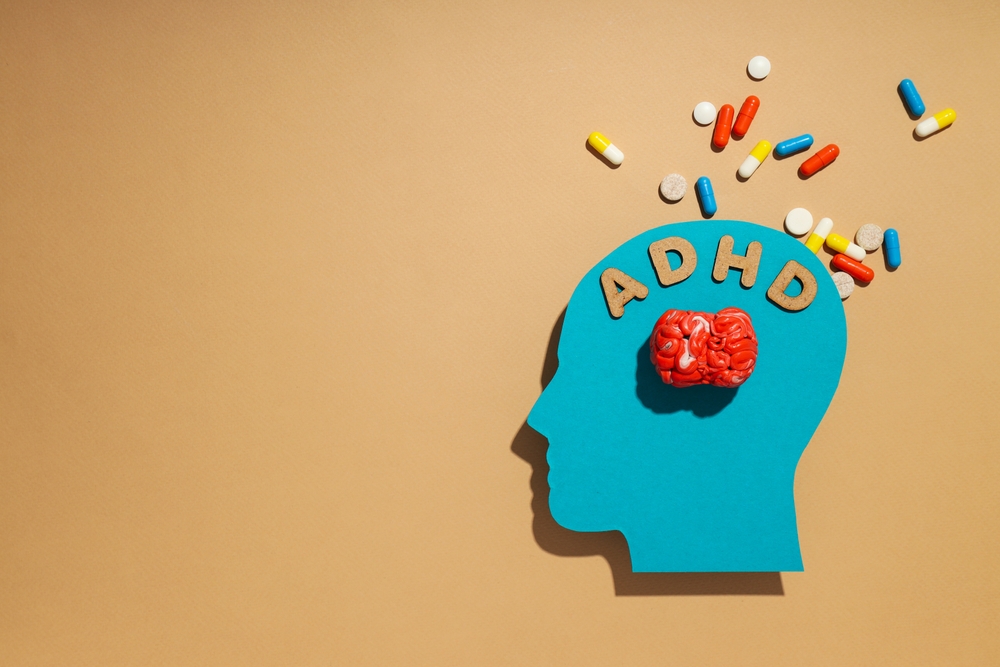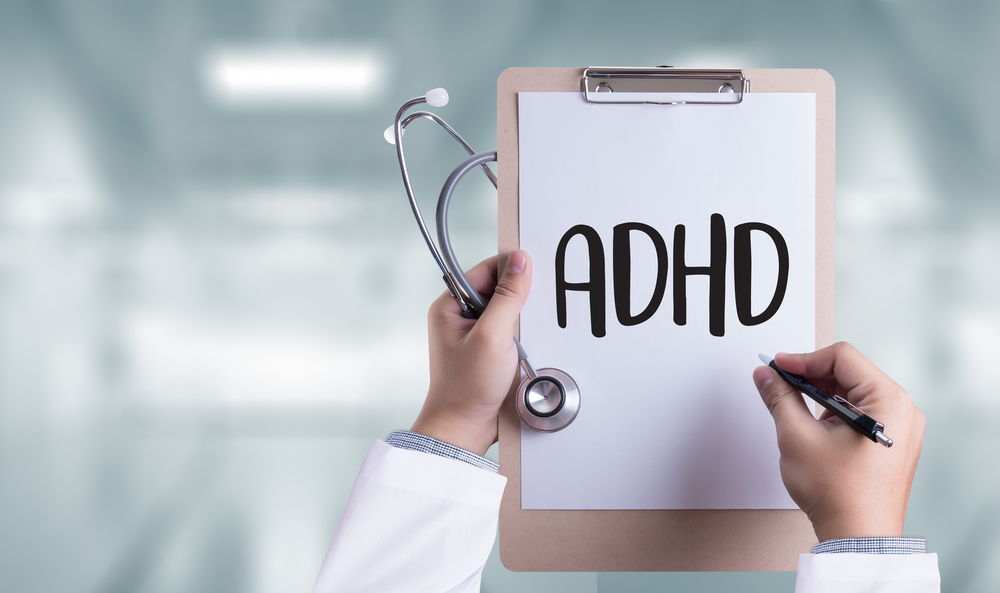ADHD: Signs That It’s Not Just for Kids Anymore
Attention Deficit Hyperactivity Disorder (ADHD) often extends into adulthood. You might not have been diagnosed as a child, but here are some clear signs that can help you do a self-assessment, even before seeing a doctor.
 (Photo: Shutterstock)
(Photo: Shutterstock)For years, ADHD was thought to be a problem just for kids. But in the past decade, there's been a surprise revelation: more and more adults worldwide are being diagnosed with ADHD and ADD. With symptoms that can be numerous and confusing, many aren't diagnosed at all or even aware that the daily struggles they experience are part of a larger issue. ADHD is a common problem that impacts quality of life and functionality, but research and treatment for adult ADHD are still developing.
 (Photo: Shutterstock)
(Photo: Shutterstock)Does Grandma Have ADHD?
Today, the medical community believes that 8% of all adults have ADHD—a number similar to that of school-aged children. Around two-thirds of children with ADHD go on to have the condition in adulthood, becoming parents or grandparents with ADHD. Yes, there are grandparents with ADHD, and it’s not even uncommon.
So, what does it look like in adults, and what does an adult with ADHD go through during the day?
1. Their Mind Rarely Stops
According to Professor Russell Ramsey, a clinical psychology expert, the mind of someone with ADHD is like a field with dozens of tiny birds darting swiftly from flower to flower, buzzing nonstop. This constant internal chatter leaves many feeling mentally drained by day’s end.
2. They React Too Quickly
Professor Russell Ramsey explains that adults with ADHD often speak spontaneously, which can appear as talking without forethought. This includes blurting out answers before a question is fully asked. With minds bustling with thoughts and ideas, they fear losing them, even if it means interrupting or bypassing social norms.
3. They’re Trapped in the Now
Adults with ADHD, like children, have a tough time dealing with deadlines. They often describe feeling "challenged in self-management, chronically procrastinating on important tasks even when the deadline is known." Adults with ADHD struggle to think ahead or foresee the consequences of putting things off. For example, even when aware of needing to be up and alert by 6:00 am, an ADHD adult might still be engrossed in an interesting book at midnight.
 (Photo: Shutterstock)
(Photo: Shutterstock)4. They Lose Words
The mind of someone with ADHD races faster than their talking speed. This is why they lose track of words when explaining something. Their mind is so packed with details, thoughts, and images that their thoughts get jumbled, leaving them speechless.
5. They Feel Unmotivated
Dr. Nora Volkow, a psychiatric researcher, says people with ADHD have less dopamine and dopamine transmitters in the brain. Dopamine is crucial for controlling cognitive activity in the prefrontal cortex and is involved in regulating and controlling information processing. Executive functions like planning, decision making, and execution are linked to dopamine levels in the brain. The lack of dopamine makes it hard to complete tasks or reach goals, even when they try hard. This repeated experience of failure and unmet goals eventually leads to lack of motivation and a cycle of inconsistency.
It's important to note that a diagnosis of ADHD doesn't mean someone is problematic; it simply means their brain is wired differently. Cognitive psychologist Dr. Kevin prefers to see ADHD as a "superpower," manifesting in creative solutions and problem-solving that others haven’t considered.
This article is not a substitute for medical advice or a recommendation to take any medication. It is solely for informational purposes.

